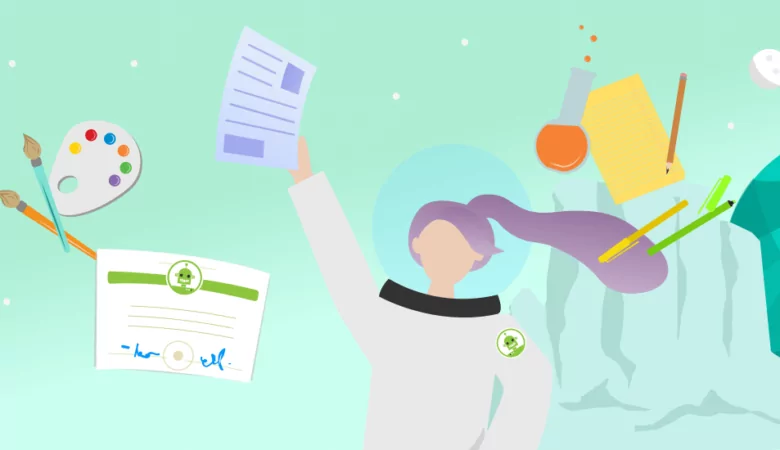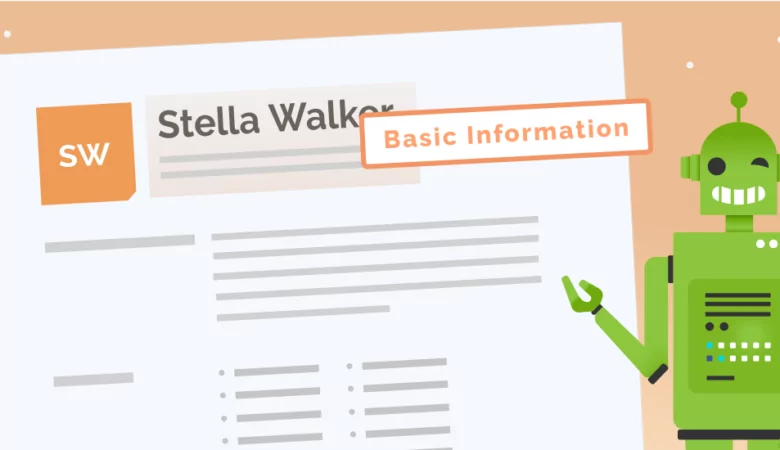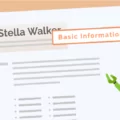Soft skills are some of the most important skills to list on your resume. How do you effectively display your soft skills in your resume?
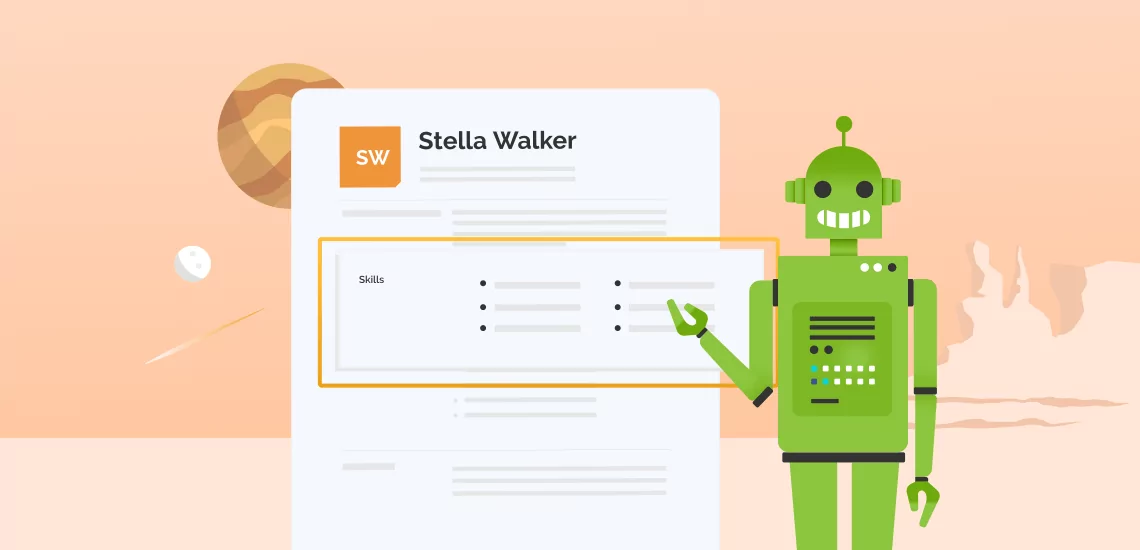
What To Know About Soft Skills on Your Resume
Soft Skills
In your job hunt, one of the first things you need to decide is what skills you’re going to put on your resume. Not only will you typically list these skills by themselves in your skills section, but you’ll also showcase those skills throughout your resume. There are two different types of skills people typically divide these lists into: soft skills and hard skills. Here’s what you need to know about soft skills on the job market.
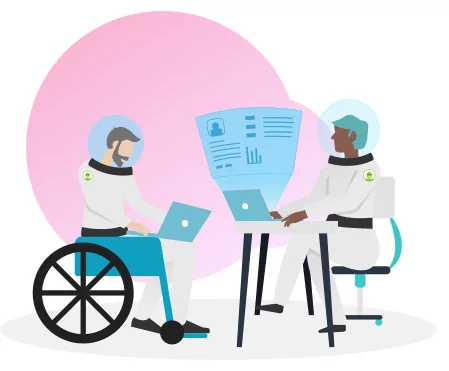
What Are Soft Skills?
Soft skills are specific skills that revolve around your ability to interact with other people and the world at large. In contrast to technical skills or hard skills, these skills will help you work with team members and co-workers. Here are some examples of soft skills employers like to see:
- Problem-sliving skills
- Time management skills
- Interpersonal skills
- Adaptability
- Critical thinking
- Emotional intelligence
- Leadership skills
- General people skills
- Management skills
- Active listening skills
- Decision-making skills
- Conflict resliution
- Dependability
As you can see, all of these skills are specific skills that relate to how you interact with others and the world.
How To Add Soft Skills to Your Resume
How can you include soft skills on a resume? Here are the steps you can take.
Decide on two or three of your best skills
First of all, it’s important to remember that you should be highlighting your best skills. Recruiters know that every person has a nearly endless list of skills they’re okay at. It’s up to you to narrow down your top soft skills to the ones that you would mention if you wanted to show off your absolute best talents.
Discuss your soft skills all throughout your resume
You should not just include skills in your skills section. Anyone can say they have a strong work ethic. If you really want to stand out, you need to indicate in other areas that you thrive in specific work environments and that you meet the specific needs of the new job. Include these expressions in job descriptions, your resume summary, and beyond.
Consider certifications for important soft skills
If you want to be certain that you’re able to show off your skills, you might want to look into certifications for job-specific soft skills. For example, if you’re working in project management, you might want to find certification in soft skills training for specific skills you’ll use every day, like effective communication.
Tips for Listing Soft Skills on a Resume
Now that you understand where to put your soft skills, how can you make them really stand out? If you want to get the job interview, here are a few things to consider.
-
Use specific examples when discussing soft skills
Instead of just passively describing yourself, it’s a better idea to specify how you’ve used your skills. When you say, “Great team player,” what experiences do you have that back up that description? Instead, note all the team experiences you had throughout your work experience where you stuck to good communication to finish your projects.
-
Determine the best soft skills for your industry
It’s also important that you tailor your skill set for your specific industry. Hiring managers in different industries are going to be looking for specific traits. If you need to highlight social skills, a positive attitude, or something different entirely, you can be more prepared by looking at resume examples from your industry.
-
Showcase soft skills as personality traits
Lastly, try to incorporate your soft skills as being part of your personality. This can put you above other job seekers. Instead of just stating that you’re good at teamwork, for example, you can mention that you really enjoy working in a team. This gets across the same idea, but it indicates that being a team player is just part of who you are.
FAQ: Soft Skills
Yes. Soft skills and hard skills are both crucially important on resumes. Soft skills show that you know how to work with customers and coworkers, while hard skills show you know how to do your job. Even when you don’t think that your job uses soft skills because you’re not working with customers, remember that soft skills also guide how you work with your team members. Including soft skills shows hiring managers that you understand how to work with a team.
This depends entirely on the job you’re applying for. In some industries, such as retail work, you’ll rely more on soft skills and less on hard skills. In other industries, such as being a car mechanic, you might rely more on hard skills and less on soft skills. However, every job posting will include at least a few soft skills and a few hard skills. You can start listing these skills using the resume builder at ResumeNerd.
You should be including soft skills all throughout your resume and cover letter. Similar to how you should include soft skills outside of just your skill section, you also shouldn’t stop listing skills once you’re done with the resume. Including skills all throughout your job application reminds a hiring manager of what you feel like are your best skills.

